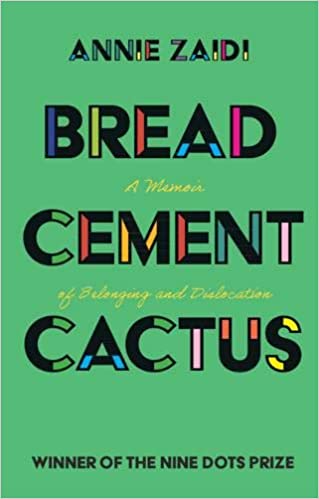The memoir is a winner of Nine Dots Prize that is given for ‘innovative thinking as a means of tackling pressing problems facing the modern world’. The entrants were supposed to respond to the question, ‘Is there still no place like home?’ in a 3000-word essay. The winner of the Nine Dots Prize is supported to develop their response into a full-length book, which is published by Cambridge University Press (CUP). Annie Zaidi claims in an interview that her work combines various genres, ‘… traversing between memoir and journalism,…’ and this open question allowed her to explore the theme with ‘far-ranging’ methods. Her methodology involves weaving an interesting narrative through a blend of critical thinking, archival knowledge, historical research, data analysis and deep immersion of the ‘self’. There is constant interplay of memory to reconstruct the experiential reality where she is able to locate the self and also able to subject the self to critical scrutiny.
Contrary to the suggestion in the title of the book about it being a ‘Memoir’, this piece of writing rather challenges preconceived notions about generic constraints. It is an autobiographical narrative about growing up, about accommodating oneself constantly in the ever-changing socio-political reality. It is also a powerful political commentary on the way India has changed in the last three decades slowly but surely towards a majoritarian nation and how this changed reality impinges itself upon the country’s urban, educated, elite, upper caste Muslims. The precision with which Zaidi has detailed the long process of ‘othering’ of the Muslims and their growing alienation within the country is remarkable.

